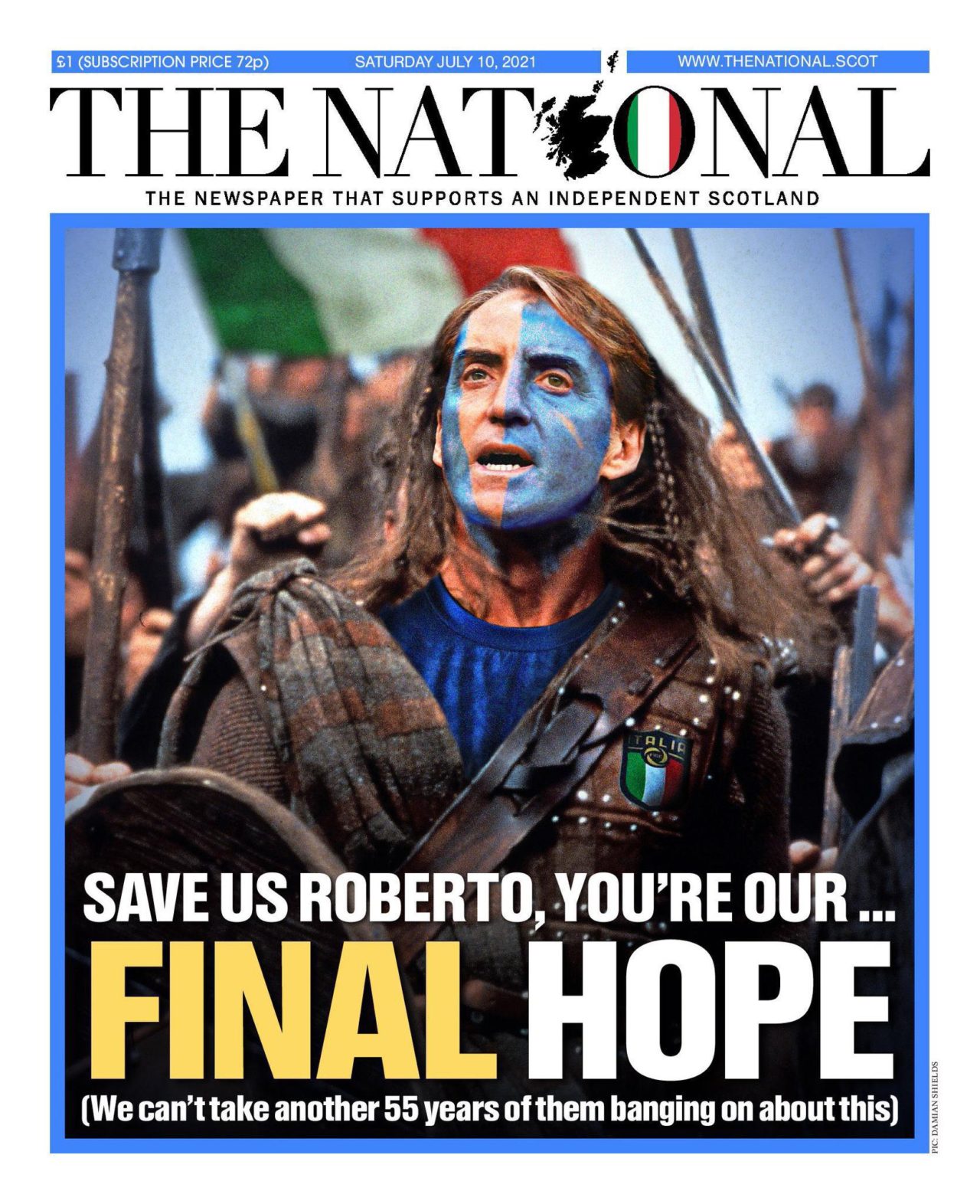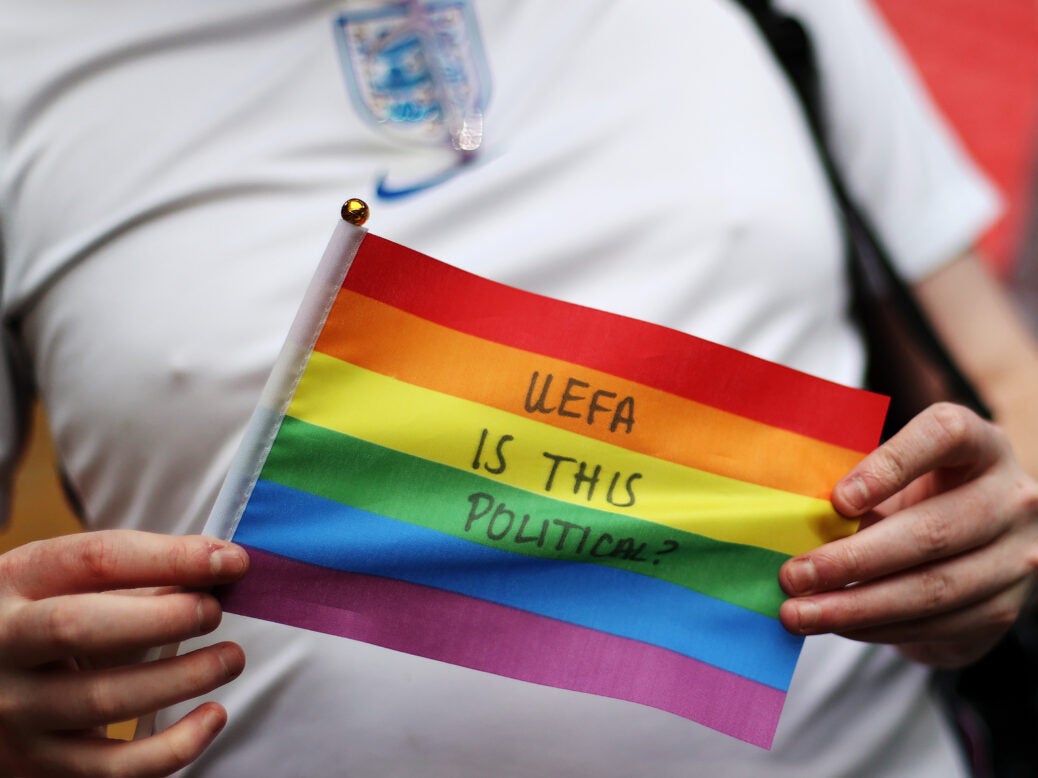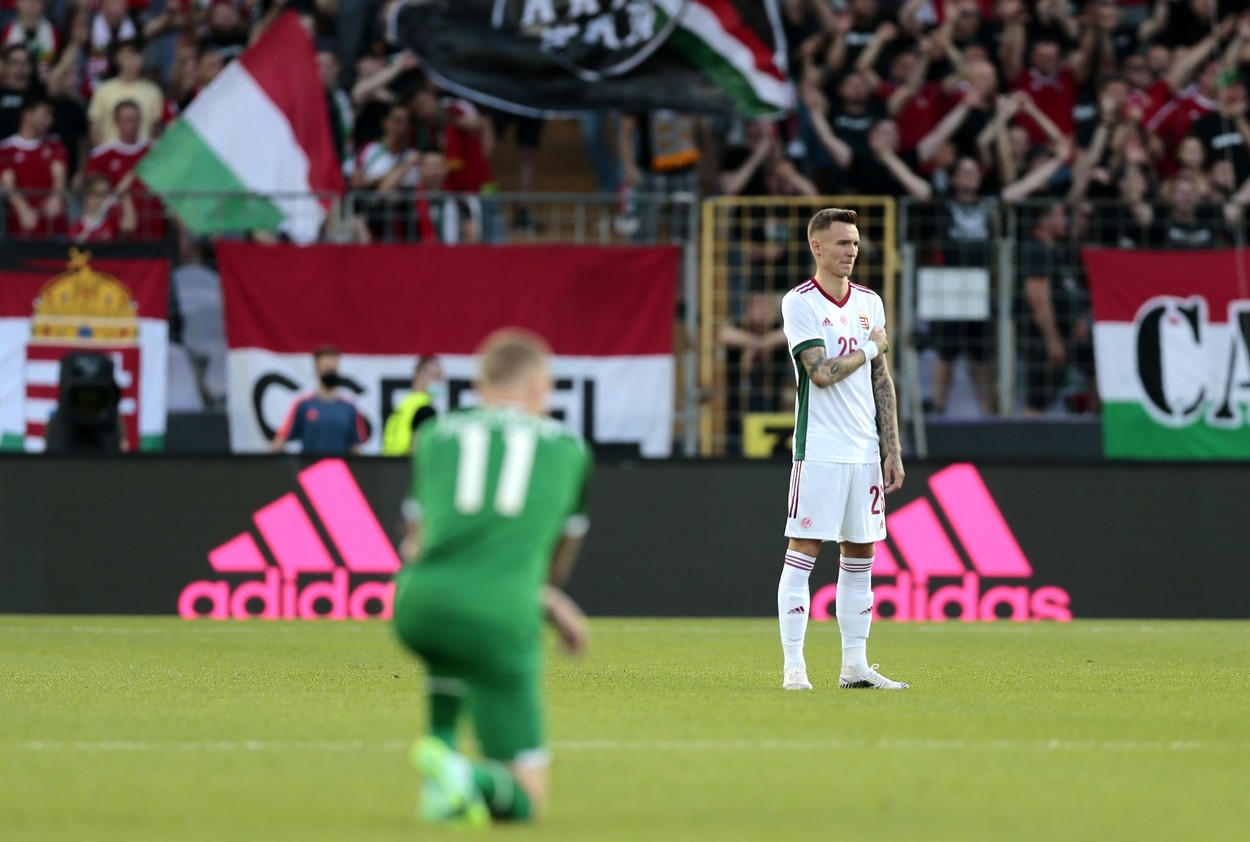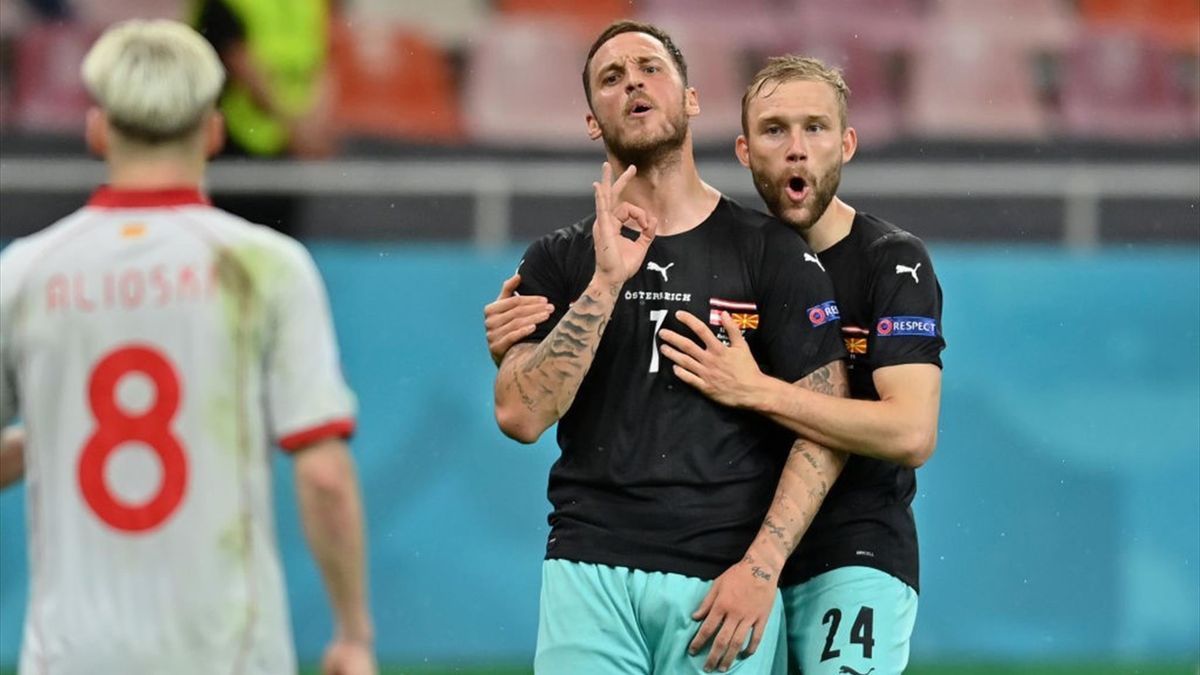“Italians lose wars as if they were football matches, and football matches as if they were wars.”
Winston Churchill
On the 11th of July, the Euro Football Tournament came to an end with the victory of the “Azzurri,” the Italian football team. The last match against England is just one of the aglow events of the last Euro 2020. The championship has been seen as an occasion to start the old habits and the usual routine again. We were anymore not used to see people in stadiums or celebrate in the streets. Euro 2020 concretized this possibility again, even with the increase of Covid infections in the UK.
It is impossible to think that a sporting event would not have reflected the European political bouleversement and the clash between the sports industry and geopolitics: football is indeed one of the most robust soft power instruments. Euro2020 offered us some remarkable examples.
Budapest has hosted some key matches such as Hungary-France or Portugal France. However, a month earlier, during Hungary – Ireland friendly match in Belfast, Irish football players, have been booed after keening to support the fight against racism and the various forms of discrimination. Hungarian President Victor Orban did not support the action, who accused fans of being “provocative.” The protests triggered a chain reaction: during the match against France, Hungarian fans repeated the same action in their hometown stadium. In Hungary indeed, the LGBT rights are put under attack due to the approval, the 15th of June, of the (official name) “Amendments to the Child Protection Act, the Family Protection Act, the Act on Business Advertising Activity, the Media Act and the Public Education Act.” The law – considered “grotesque” and “a shame” respectively by some European Ministers and the European Commission President von der Leyen – prohibits the promotion of homosexuality or transgender in media and schools. The “Equal Game” signature between the European Commission and the UEFA seemed not to have worked. The purpose was clear: “enhance their long-term cooperation in the promotion of equality, diversity, and inclusion across all of Europe […] irrespective of sex, racial or ethnic origin, religion or belief, disability, age or sexual orientation”. Despite that, UEFA declined the proposal of Munich’s major to light up with rainbow colors the Munich stadium during Germany – Hungary. “UEFA, through its statutes, is a politically and religiously neutral organization,” was its reply. So why sign for an “Equal Game”?
Italy – Turkey match was also significant – and not just from a tactical point of view. Only one month before, after the Sofagate vicissitude, the Italian prime Minister accused Erdogan of being “a dictator” without mincing words. The President of the European Commission, Ursula von der Leyen, was relegated to a sofa instead of a chair, although the meeting was organized a long time before. On that occasion, the Turkish attitude perfectly remarked the government’s idea about women and their consequent decision to withdraw from the Istanbul Convention. It does not surprise the tensions between the two counterparts, while a favorable decision for the accession of Turkey to the European Union always appears more challenging.
Money moves the world: big organizations such as UEFA and International Olympic Committee do not care If the host countries and sponsors respect human rights. Recently, always more developing countries as Brazil (Rio Olympics 2016), Qatar (2022 World Football Championship) can afford the costs of the game organization, the same in which the rule of law is seldom respected. This year, among the official sponsors, the traditional ones, made an appearance in twelve Chinese companies (Hisense, Vivo, Alipay, TikTok). The company Hisense referred to “Global Times”: “This year and next year are significant years for global sporting events because the UEFA Euro, Olympic Games, and World Cup will be held one after another. It is an excellent time for our brand to expand its profile”. Moreover, they are managing to do it. Hisense is expanding durable goods markets in Mexico and North America. At the same time, the technological brand Vivo managed to expand the sale by ten percent in the first quarter of 2020. The Russian (Gazprom) and Arabic (Qatar Airway) sponsors were also criticized. In particular, a Greenpeace supporter parachutist landed at the Allianz Arena during the match France – Germany protest against the UEFA decision to be sponsored by Gazprom, the Russian state oil company.
Euro2020 was also the theatre of ethnic conflicts episodes. During the match, Austria – North Macedonia, the Austrian footballer with Serbian origin, Arnautovic, celebrated insulting the Albanian minority in Macedonia. As well as, Russia protested after Ukraine wore a t-shirt with its map with Crimea, annexed to Russia in 2014. According to a provocative Economist: “Football offers a more glamorous story of European integration that the lawyers and officials grinding the continent together in Brussels and Luxembourg.” The American newspaper has got the point. Back in 1995, the Bosman ruling changed football and contributed to a step forward to European integration.
This year, all the eyes were pointed at England. In their enemy lair, their eventual victory would have acquired not just a tactical meaning but also a social-politics one. The English triumph could have been used to legitimize the political action of Brexit: we can manage even without the European Union, we are the strongest in Europe, and we neither are in. Besides, the last match has been politicized even by the European Union institution. The Commission President von der Leyen’s spokesperson confessed, just before the start, that “her heart is with the Squadra Azzurra so that she will be supporting Italy on Sunday.” Of course, it has not come as a surprise, seeing the exit from Europe of one of the strongest countries in the world and all the bureaucratic vicissitudes the two counterparts lived in for four years since the referendum outcome (52% yes and 48% no). Euro2020 made us also reminded how fragmented is the United Kingdom. In Scotland the 62% of people voted for “remain,” and no district voted for “exit.” During the last match, also the separatist and nationalist Scotland explicitly sided with Italy. The July edition of the Scottish newspaper “The National – the newspaper that supports an independent Scotland” figured the face of the Italian Coach (“save us, Roberto, you are our—final hope”) dressed up under the Scottish Hero William Wallace. In 1297, he defeated the English army during the Independence Scottish Wars.
 Euro2020 demonstrated to be more than a bunch of matches: it had reunited socio, political and economic thematic. Officially, the winner is Italy, and on the other side, there have been numerous winners who were able to raise their voices.
Euro2020 demonstrated to be more than a bunch of matches: it had reunited socio, political and economic thematic. Officially, the winner is Italy, and on the other side, there have been numerous winners who were able to raise their voices.




